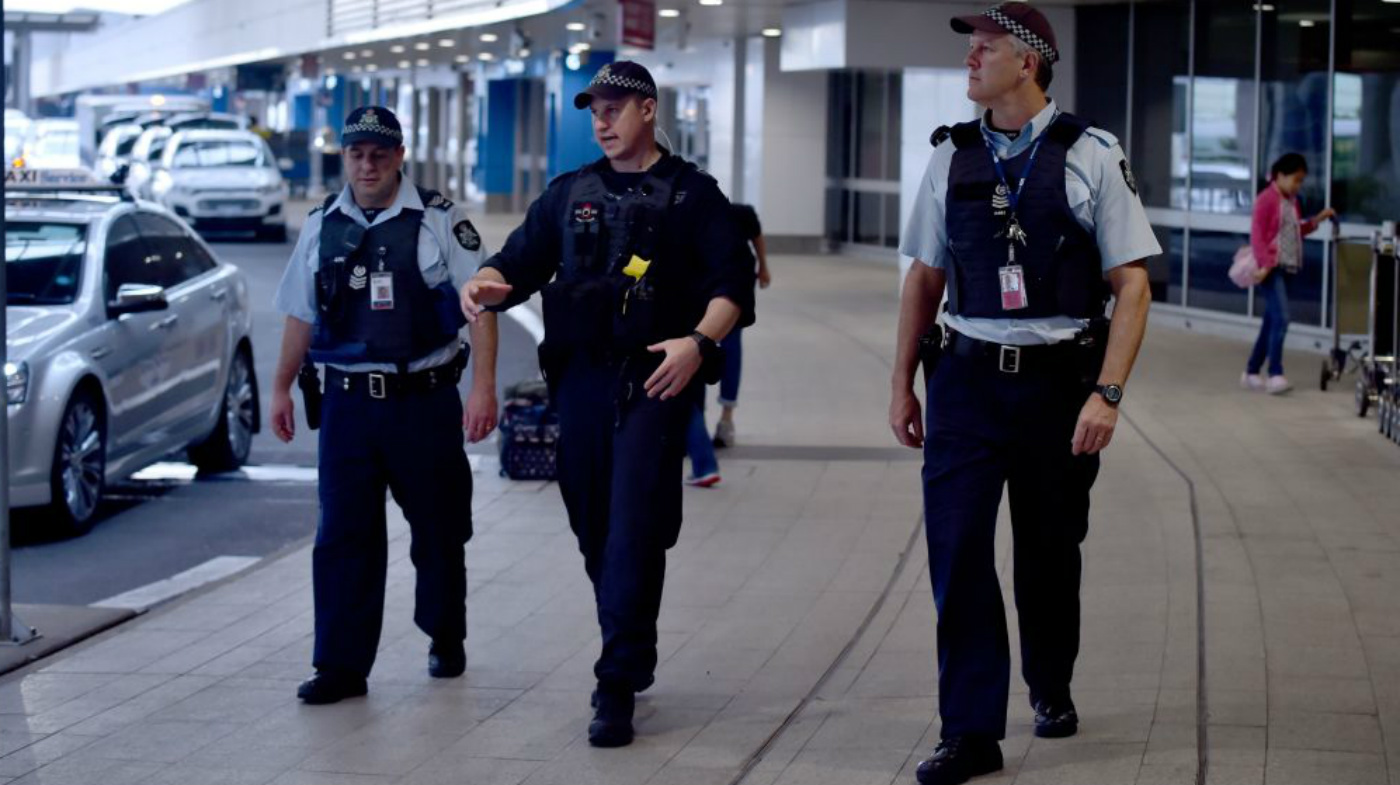Sydney terror plot 'organised by IS chief overseas'
'Most sophisticated plot on Australian soil' believed to be organised by IS in Turkey

A free daily email with the biggest news stories of the day – and the best features from TheWeek.com
You are now subscribed
Your newsletter sign-up was successful
Australian counter-terrorism police claim Islamic State shipped bomb components to the country to be assembled and used to blow up a passenger plane flying from Sydney to Abu Dhabi.
An improvised explosive device (IED) was allegedly to be taken on to an Etihad plane on 15 July, but the plan was aborted before security, Australian Federal Police Deputy Commissioner Michael Phelan told reporters.
Police believe an IS "commander" arranged for the parts for the bomb to be sent from Turkey, says Business Insider.
The Week
Escape your echo chamber. Get the facts behind the news, plus analysis from multiple perspectives.

Sign up for The Week's Free Newsletters
From our morning news briefing to a weekly Good News Newsletter, get the best of The Week delivered directly to your inbox.
From our morning news briefing to a weekly Good News Newsletter, get the best of The Week delivered directly to your inbox.
"With assistance from the Islamic State commander, the accused assembled the IED into what we believe was a functional IED to be placed on that flight," Phelan said, reports the Sydney Morning Herald.
"At no stage did the IED breach security," he added.
Police have described it as the "most sophisticated plot on Australian soil".
Khaled Mahmoud Khayat, 49, and Mahmoud Khayat, 32, have been charged with terrorism-related offences, Australian Associated Press reports.
A free daily email with the biggest news stories of the day – and the best features from TheWeek.com
The person due to have carried the IED on to the plane was reportedly an unsuspecting relative of one of the men.
It is also alleged that the bomb was part a scheme that involved a plan to release a toxic gas in public. Officials say the suspects were unable to produce the deadly gas.
According to Phelan, messages between the Sydney group and IS operative detailed which chemicals to use, particular chemical reactions to try and ways to create the most amount of damage in a confined place.
The Sydney Morning Herald says IS is "increasingly using virtually planned attacks as a way of infiltrating overseas supporter groups".
This "involves IS operatives feeding overseas supporters instructions via encrypted communication platforms on how to carry out terrorism", it adds.
In an investigation of remotely guided terrorist plots earlier this year, Rukmini Callimachi, a reporter at the New York Times, wrote: "Close examination of both successful and unsuccessful plots carried out in the Islamic State's name over the past three years indicates that such enabled attacks are making up a growing share of the operations of the group".
Nathaniel Barr, a terrorism analyst at Valens Global, told the paper: "They are virtual coaches who are providing guidance and encouragement throughout the process - from radicalization to recruitment into a specific plot."